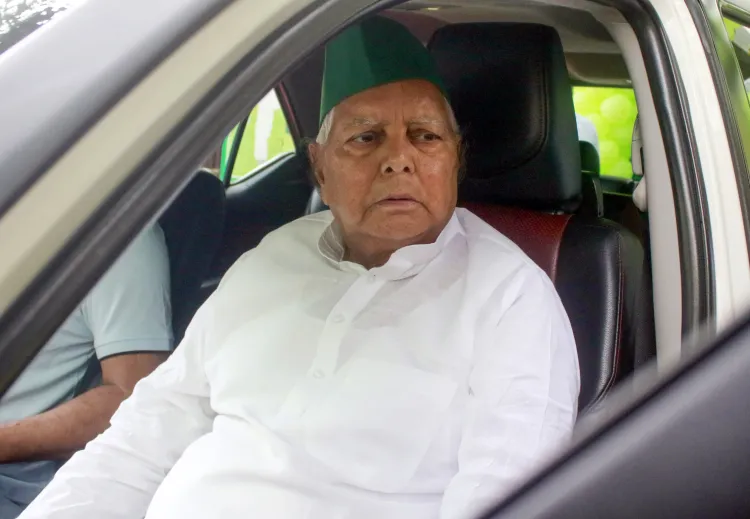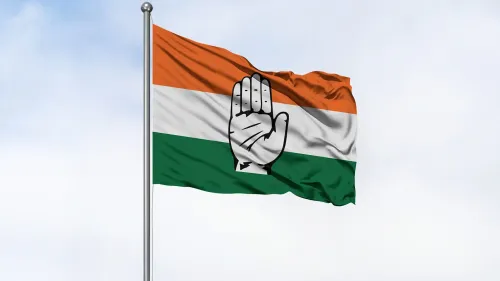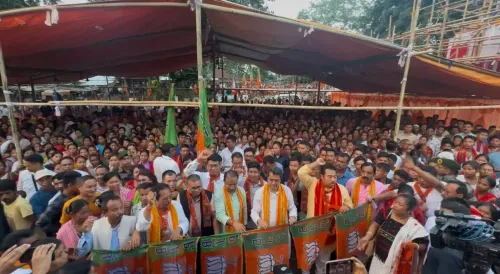Did the SC Deny Lalu Prasad's Plea to Halt Trial in Land-for-Job Case?

Synopsis
Key Takeaways
- The Supreme Court declined to stay the trial against Lalu Prasad.
- Legal battles highlight accountability in public office.
- The Delhi High Court allowed Lalu to present his case in trial.
- The CBI is investigating corruption allegations against Lalu.
- Assets linked to Lalu's family were attached by the ED.
New Delhi, July 18 (NationPress) On Friday, the Supreme Court declined to entertain a request made by Rashtriya Janata Dal (RJD) leader Lalu Prasad for a stay on the trial court proceedings relating to the land-for-job scandal.
Lalu submitted a special leave petition (SLP) to the Apex Court after the Delhi High Court dismissed his plea to suspend trial proceedings based on the charge sheets against him under the Prevention of Corruption Act.
A bench comprising Justices M. M. Sundresh and N. Kotiswar Singh concluded that the Top Court would not consider such a minor issue and allowed the Delhi High Court to address Lalu's request to quash the FIR lodged by the Central Bureau of Investigation (CBI).
In his application to the Delhi High Court, the former Railway Minister argued that no police officer could investigate an offence allegedly committed by a public servant related to public functions without the consent of the competent authority.
Lalu asserted that the FIR's registration without approval was unlawful, rendering all subsequent actions—including investigations, charge sheets, and cognizance orders—void ab initio (from the start).
Following a review of the arguments, the Delhi High Court permitted Lalu to present all his arguments before the trial court during the charge consideration phase and dismissed his request to suspend the trial proceedings.
The CBI initiated the case on May 18, 2022, against Lalu and 15 others, including his wife, two daughters, and unidentified public officials and private individuals.
Following this, the CBI filed a charge sheet against 16 individuals, which included Rabri Devi and her daughter.
The allegations from the CBI state that between 2004 and 2009, Lalu, who was then the Railway Minister, received financial advantages through the transfer of land titles to his family members in exchange for appointing substitutes to Group 'D' positions across various Railway Zones.
Numerous residents of Patna, either directly or through family members, transferred or gifted their land to Lalu's family members and a privately controlled company.
The CBI noted, "No advertisement or public notice was issued for appointing substitutes in Zonal Railways. Nevertheless, the appointees, all residents of Patna, were placed as substitutes in Railway Zones across Mumbai, Jabalpur, Kolkata, Jaipur, and Hajipur."
In this context, the Enforcement Directorate (ED) attached assets exceeding Rs 6 crore belonging to Lalu's family, including his wife, Rabri Devi, and daughter, Misa Bharti, as part of a money laundering investigation linked to this case.









